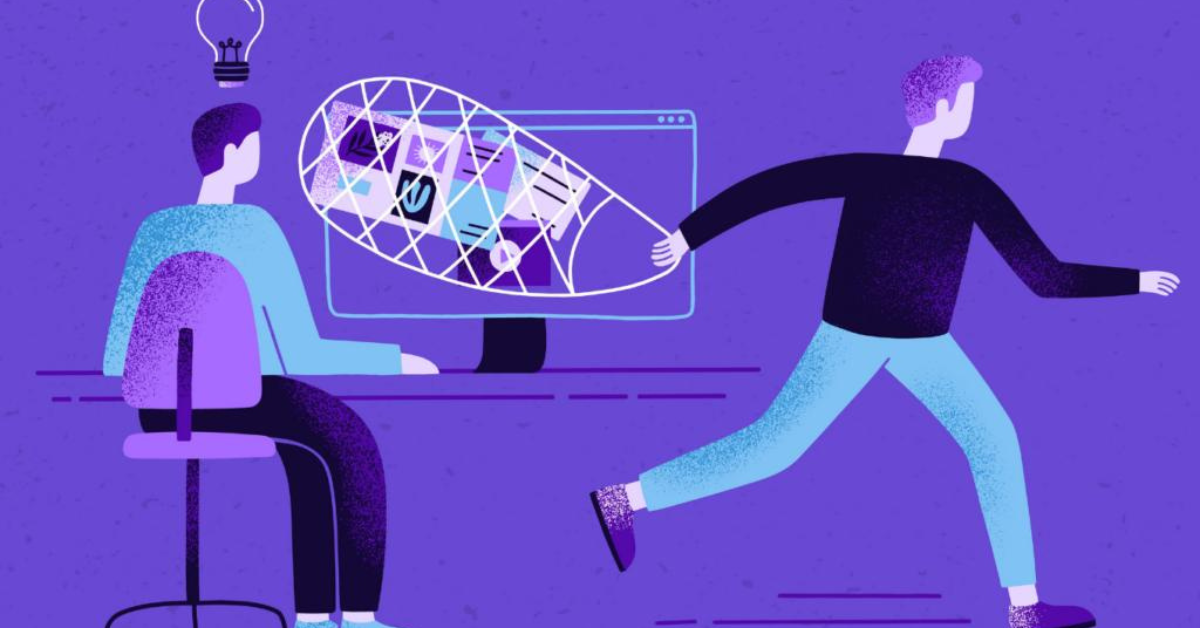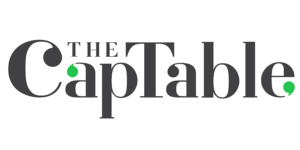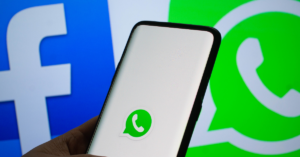On July 11, the Delhi HC restrained a Bengaluru-based cakery from using the name ‘Facebake’ or ‘Facecake’, or any other Facebook-related trademark for its products and services
The court in the Snapdeal case also directed Domain Name Registrars to create a mechanism for brands to seek cancellation or transfer of domain names that infringe trademark
India’s current laws that govern trademark infringements include the Trademark Act, 1999, which was developed to comply with the TRIPS agreement of the WTO
This week saw hectic activity in the world of Indian trademark infringement. The week began with the Delhi High Court permanently restraining a Bengaluru-based cakery from using the name ‘Facebake’ or ‘Facecake’, or any other Facebook-related trademark for its products and services.
In an interesting turn of event, Justice Navin Chawla, who was hearing the case, ordered the bakery to deliver all finished and unfinished products bearing the trademark similar to Meta, the parent company of Facebook, for the purpose of ‘erasure or destruction’.
As if this was not enough, the Court also awarded INR 50,000 in nominal damages in favour of the deep-pocketed tech giant Meta. The Delhi HC also ordered the shop owner to shoulder the burden of the cost of Meta’s suit.
As the week came to a close, the Delhi HC again ruled in another trademark case. Justice Pratibha M Singh observed that the Domain Name Registrars (DNRs) ought to create a mechanism via which trademark owners could approach the DNRs and seek cancellation or transfer of domain names that infringe their trademark.
Domain name is the name under which a website is visible to the general public, while DNRs are companies that allow users to register them, such as GoDaddy, Namecheap, among others.
This particular case was filed by Snapdeal against GoDaddy regarding various domain names that were registered on the DNR under the trademark ‘Snapdeal’.
The judgements threw light on the country’s burgeoning trademark ecosystem that has seen infringement cases filed left, right and centre.
Trademarks are unenforceable across India in particular segments. The bustling flea markets of Mumbai and Delhi are testament to the wide variety of cheap knock-offs available. Be it ‘Adibas’ or ‘Hike’, many brands with no manufacturing addresses populate the streets and corners, building on the eponymous brand they rip-off.
The rip-offs are also rampant because trademark infringements in such cases are impossible to track. While injunctions can be obtained against unknown persons in such cases, it is difficult to track these dubious operators in most cases.
Popular brands, including fast-moving consumer goods (FMCG) companies and coffee chains, have been left grappling with violations of intellectual property rights (IPR), looking to defend their properties from players using the popular brand’s goodwill to emulate success.
A Steady Legislative Structure
Prior to 1940, there was no law overseeing brand names in the erstwhile colonised India. Issues related to infringement and unregistered brand name were settled under the Specific Relief Act, 1877. After much ado, the Indian Trademark law was implemented in 1940, which saw an explosion in the interest for owning and claiming a brand name.
Finally, after Independence, the Trademark and Merchandise Act was implemented in 1958, which gave teeth to the authorities to better deal with issues of ‘deceitful utilisation of imprints on stock’.
It was replaced by the current Trademark Act, 1999, which was developed to comply with the Trade-Related Aspects of Intellectual Property Rights (TRIPS) agreement of the World Trade Organisation (WTO). It gave assurance to brands and set lawful solutions for the execution of freedoms related to brand names.
Under the current laws, a trademark is a mark ‘capable of being represented graphically and which is capable of distinguishing the goods or services of one person from those of others and may include the shape of goods, their packaging, and combination of colours’.
The wide-encompassing ambit of the law was visible in the Bengaluru cakery case as well. Even though the outlet used a similar name to the social media platform, the former also faltered when it used a similar font and the blue-on-white colour scheme inside the outlet that has come to be identified by Facebook.
Interestingly, while the laws are exhaustive, the scope of the law comes with certain exceptions so as to not impinge on genuine cases or over-exploitation by popular brands. US-based food chain Burger King and homegrown food outlet Burger Singh continue to operate without a hitch, despite having the same rhyme-scheme. This has been attributed to the fact that the term burger is wide and could be associated with a wide variety of brands.
On the other hand, a Ludhiana-based store named ‘Mr Singh Burger King’ had to change its name in 2015 after the fast food giant filed a case against the company.
Big Brands, Big Names To Protect
In one of the major cases in 2018, beverage giant Starbucks moved the court against an Indian company called Sardarbuksh. The issue at the centre of the controversy was the similar sounding name as well as the logo of Sardarbuksh, which featured a turbaned man with wavy lines extending from the edges of a circular black band with the name of the homegrown brand.
After much legal tussle, the Delhi High Court granted interim relief in favour of Starbucks, directing the company to use the name ‘Sardarji-Bakhsh’ instead of the current one.
In another 2020 case, a school named Brilliant Public School Society sued another one by the name of Brilliant Public School Sitamarhi. The former claimed that the latter was creating confusion and hampering its relationship with the people. Eventually, a trial court rejected the request for injunction citing the usage of ‘brilliant’ as being generic in the field of education. The Chhattisgarh High Court later overturned the decision and ordered an injunction saying that the nature of the word ‘brilliant’ was not generic and could create confusion among society.
In April this year, traveltech major MakeMyTrip received a major reprieve from the Delhi High Court after the HC ordered Booking.com and Google to stop using the MakeMyTrip name and all the trademarks associated with it for Google Ads till the next hearing.
In another case in 2020, the Delhi HC also granted an interim injunction against an e-rickshaw manufacturer from using the trademark ‘DMW’ over a case of trademark infringement action filed by automaker BMW.










